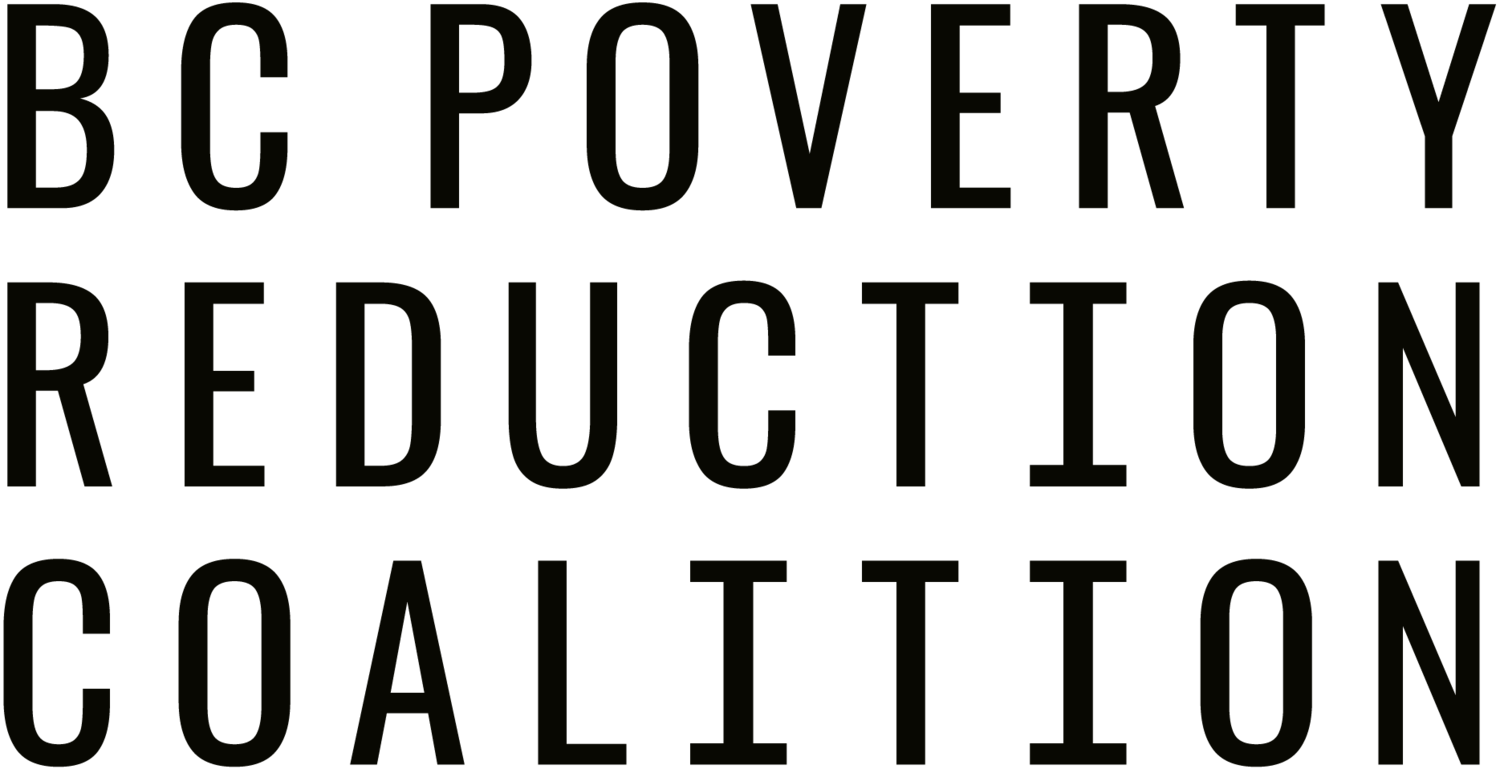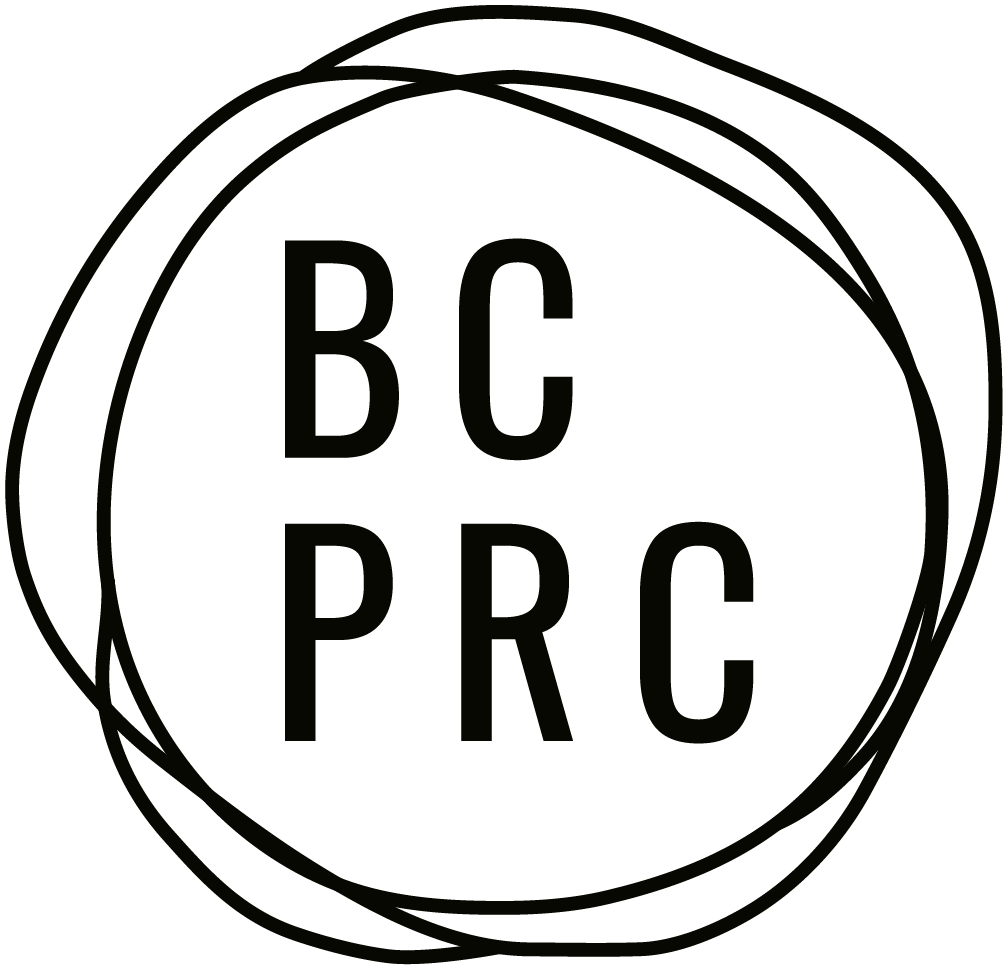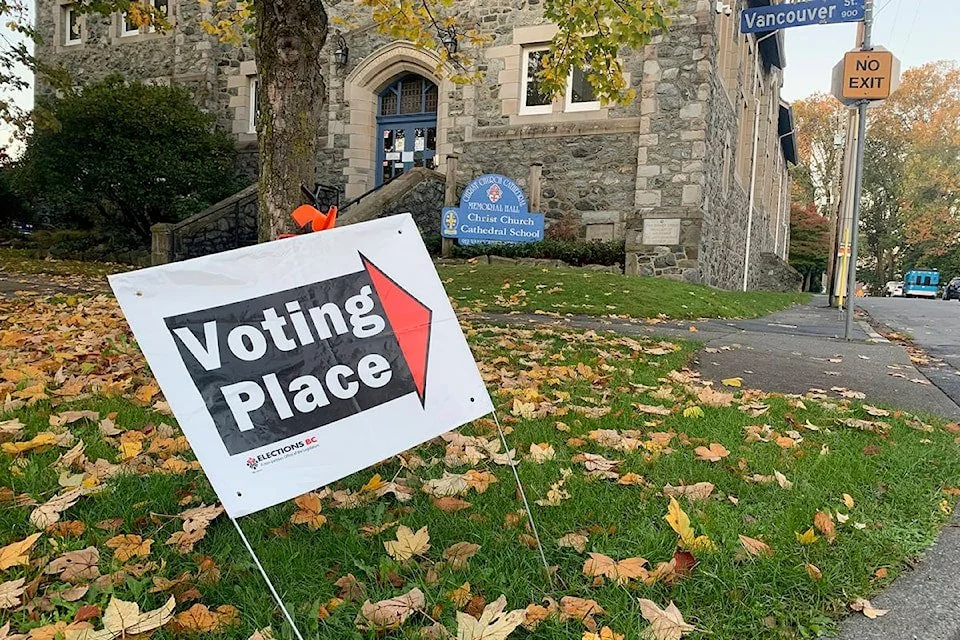Submission to the Special Committee on Democratic and Electoral Reform
prioritize BC residents’ wellbeing over partisan wins.
Submitted as both in-person and written recommendations to BC’s Special Committee on Democratic and Electoral Reform
Compiled by Chantelle Spicer & Sacia Burton, BC Poverty Reduction Coalition
On behalf of the coalition, we are making four recommendations:
That BC shifts to a system of Proportional Representation for elections at the provincial and municipal levels
That BC legislate Permanent Residents’ right to vote in municipal and provincial elections
That the voting age be lowered from 18 to 16
That meaningful steps are taken to ensure fair access to democratic participation for unhoused and precariously housed people in BC.
Proportional representation for provincial and municipal elections
We must address the root of inequitable access to democracy, which is the electoral process itself – particularly the first-past-the-post voting system. To ensure that future elections are fair and accurately represent the will of the people, we must replace our winner-take-all voting systems with systems that employ proportional representation. By this, we refer to an electoral system where voter support directly (or nearly directly) translates to seats in democratic decision-making spaces, such as our legislature and City Councils.
Our current, winner-take-all electoral system is demonstrably unstable. Major shifts in the composition of the legislature often come from only a small number of votes shifting within the electorate, but the results are a dramatic upheaval of leaders and policy priorities. These pendulum swing politics and policies make it harder for governing bodies to achieve a balanced budget, and incentivize governments to prioritize short-term, politically advantageous successes that can be accomplished within one term over medium- and long-term infrastructure development and community-building work. Economically, these swings between two parties seen in the First Past the Post (FPTP) system can and have cost Canada and provinces economic slowdowns and wild lurches from one economic policy to another. Political instability stalls meaningful progress on issues like jobs, investment, tax reform, poverty reduction, and education. These are setbacks that hurt people’s lives, aspirations, and economic and social prospects. The hyper-partisanship we see in campaigns and our political culture is a direct result of this win/loss structure, which leaves little room for nuance and pits all options in direct competition with one another, regardless of how different or similar their political platforms may be. There is no room for collaborative, supportive politics in a winner-take-all electoral system. The two major parties in the most recent BC election demonstrated a rhetoric of either/or politics reminiscent of the American two-party system that left third-party candidates ignored and typical third-party voters pressured into conformity within a larger voting bloc.
First-past-the-post wrongly conveys the idea that communities are politically homogenous, when there is, more often than not, a plurality of political views present in each community. Ridings like Courtenay-Comox saw their MLA elected with just 38% of the popular vote in 2024, and with only .2% more votes than the next most popular candidate, leaving 62% of the voters with an MLA they didn’t vote for. The competitive atmosphere of our current system dissuades and disenfranchises many from participating, leaving would-be voters at home either out of protest, disillusionment, or because they feel their vote will not matter in “safe” electoral districts.
A proportional system of voting in BC would support stable government, necessitating collaboration and coalitions to accomplish political priorities that represent and benefit a wide array of the electorate.
Although more people than ever have the chance to participate in our systems, that does not make the systems fair or truly representative of the intention of our communities. Our democratic and electoral systems still carry remnants of exclusivity, with the power of participation more readily available and accessible to some over others. Much of the colonial harm that continues to impact our communities today has been perpetuated by people in elected positions and spaces of power. For an example of how proportional representation would support BC’s goals of reconciliation, we can look to the visible impact of democratic reform in New Zealand regarding Maori representation within Parliament and improved voter turnout.
In a 2025 Fair Vote Canada poll, moving to a system of proportional representation was widely perceived as favourable, with 68% of total respondents expressing support when asked if they “support or oppose moving towards a system of proportional representation”. Although the concept of “Canadian values” is a vague and contested topic, polling responses like this indicate that improving representation among our elected officials is something that Canadians support. Pursuing equity, fair participation, and decolonial practice is long overdue in all spaces of power in this country. People in BC deserve political representation that is focused more on solutions for community well-being than on partisan wins.
Legislating BC’s Permanent Residents’ right to vote in municipal and provincial elections
Voting is one of the most essential rights and responsibilities in a democratic society. It allows you to choose who represents you and your interests in the government, and to hold them accountable for their actions. Voting also demonstrates a commitment and loyalty to Canada, and respect for its values and laws. To reflect the importance of voting and access to democratic systems, many municipalities across Canada – including Victoria, Toronto, Hamilton, and Calgary – have requested that their provincial governments change provincial Election Acts to include permanent residents on the voting list.
Voting rights are long overdue for Permanent Residents at the provincial and municipal levels. The right to vote is essential to one’s feeling of belonging and responsibility in a democratic society. Permanent residents live, work, study, send kids to school, and pay taxes in our province. They are integral members of our society and should have the right to weigh in on who represents them in decisions about their everyday lives.
Lowering the voting age in BC from 18 to 16
On the topic of voter enfranchisement, it is similarly worthwhile to extend the vote to younger people. Lowering the voting age to sixteen is a valuable opportunity to establish a generation of habitual, life-long voters and connect to young people at a crucial time in their lives, when they have a mix of responsibility and wrap-around support from home and school. A voting age of sixteen could seamlessly integrate civic education for high school students with civic participation during elections.
Young people 16-18 are engaged in most aspects of civic life - utilizing public transportation, being taught in publicly-funded educational institutions, participating in the economy - and deserve the ability to vote on issues that impact their lives. Furthermore, young people are running campaigns to advocate for better transportation, for environmental protection, and yes - for lowering the voting age. It’s time we make space for their voices to be heard at the ballot box.
Voting rights for young people are a practical and sensible extension of the responsibilities we afford to sixteen and seventeen-year-olds. The United Kingdom, one of our closest political allies, and the country we modelled much of our democratic systems on, recently announced an extension of voting rights to sixteen and seventeen-year-olds in their next general election.
Extending voting rights to Permanent Residents and lowering the voting age to 16 are both strategies aimed at improving civic engagement by widening the voter base and ensuring that our elected leaders are truly representative of our communities. This is particularly relevant at the municipal level, where voter turnout has consistently been stuck between 25 - 35% over the last 20 years in both urban and smaller communities.
Upholding rights to democratic participation for unhoused and precariously housed people in BC
While we navigate the topic of inclusion in our electoral systems for younger people and permanent residents, it’s crucial that we also consider the barriers that many people face when trying to engage politically. For people experiencing housing precarity and homelessness, even one barrier to participation can be insurmountable, leading to exclusion and disenfranchisement.
Voter eligibility rules, such as the need to present a piece of current government-issued ID or a similar place-based utility bill reference, keep people away from polling stations if their ID or files are missing, expired, or show a previous address. Given the turnover, instability, and low-vacancy rates of temporary shelters in BC, the provision that unhoused people may “use the address of a shelter, hostel or similar institution that provides food, lodging or other social services” as their mailing address is good in theory, but does not hold up reliably in practice.
People living in tents, vehicles, on boats, or sleeping rough without a reliable fixed address face the challenges of bureaucracy when trying to vote, despite meeting all eligibility requirements of a voter within their jurisdiction. Similarly, people who experience “hidden homelessness” by couch surfing or staying with family or friends may be reluctant to use the address of their temporary accommodation for the purpose of voting. The option for voters to be vouched for by someone within their electoral district relies on community ties, trust, and the availability of someone to vouch for the person who wishes to vote. While this system is technically an avenue to support those lacking other identification options, it expands the process to more than one person at a time and creates organizational complexity. It also places an extra burden on the person trying to vote by adding the responsibility to coordinate schedules and “cash in” on this support from someone in their community.
Receiving voter cards and information about polling locations exclusively through the mail leaves people in the dark if they haven’t updated their voting registration or no longer have access to the space they previously listed as their mailing address. This process in particular also impacts young people, who are more likely to move frequently for work and school, and people who have left previous accommodations out of concern for their personal safety.
Our recommendations:
Ongoing outreach and education with unhoused or precariously housed communities outside of election periods. This will serve to build trust within disenfranchised communities and allow Elections BC staff to better understand and address barriers to voting outside of time-constrained election periods.
In advance of and during voting periods, better leveraging of front-line service providers such as shelters, food banks, and harm reduction sites to communicate election information.
Consulting with front-line service providers who may provide proof of identification for voters to better understand limitations within identification processes.
Consulting with unhoused and precariously unhoused communities to better understand limitations within identification processes during voting periods.
Ensuring appropriate resourcing during election periods to reduce wait times, which disproportionately affect low-income people, single parents, seniors, and people with disabilities who cannot wait in long lines.
Implementing anti-stigma training for elections staff to build an understanding of the needs of all voters, including unhoused peoples.
this includes the needs of people who may be utilising public services and spaces that are also voting spaces during election periods.
ensuring elections staff and leadership have training on Indigenous rights and UNDRIP.
Thoughtful reforms such as outreach and education with unhoused peoples, anti-stigma training for all staff, as well as increasing access to information for people without a fixed address will require more resources for Elections BC both during and outside of election time periods. This is an investment in our democratic processes worth making.


